For long enough Facebook, Twitter, YouTube and so many other social media platforms have allowed the creation of echo chambers promoting wild conspiracy theories and false news. If not all the incidents before, at least what happened yesterday, January 6, at the US Capitol should show us that violence, incited through various online disinformation campaigns, has already a long time ago moved from the online to the offline world.
It was not a surprise, not a protest. This was terrorism and it was also not condemned, but rather celebrated, by people across all social media platforms, following the same belief as those terrorists. It could have been foreseen, and while there are still a lot of questions about how this could have happened, there is no question about where it all started. At the same place where, yesterday, you could see messages such as “The show begins, enjoy it” popping up all over the place. The same place which is full of fake news trending under the Hashtag #Antifa, spreading the word that the attack was not carried out by Trump Supporters but by the Antifa itself. Baseless, as always, but still trending.
Facebook and Twitter started banning groups and accounts associated with various conspiracy theories just a couple of months ago. A step in the right direction, but way too late and the current situation by far passed the point of no return. It allowed certain individuals to group and to structure themselves, beyond a point where banning or suspending the private account of the President of the United States would, temporarily, contain the problem.
Marking fake-news articles as such to defeat a movement that labels independent fact-checkers as “mainstream” and, in their opinion, as part of the problem is not enough. It is not going to solve the underlying issue. A self-experiment showed me that one can easily get an account warning, based on “harassment and bullying”, for calling people out. Yet, reporting accounts and posts for spreading debunked fake news and calls for violence, such as calling for the execution of President-Elect Joe Biden, has virtually no impact, and these posts are rarely taken down.
Social media platforms operate on the mission of bringing people together, and that is precisely what happened. For a long time, they brought people with the same mindset together, and through little to no content regulations they gave those people a platform where they can work on destroying the foundation of democracy under the mantle of free speech. They gave a platform to the people who shout the loudest.
The global disinformation campaign is a virus and social media is hosting it. Do not get me wrong, conspiracy theories and disinformation exist for a long time and it needs people like Donald J. Trump to feed information to followers. But today’s social media is helping these theories to spread even faster. The problem is not technology, but the people behind it. You can engage in various interesting discussions, a reason why we love social media, but there is a point where free speech ends: and this is when people are purposely misled or even worse, harmed.
Tech companies could help and contribute to upholding democracy, without facing a serious impact on their platforms. Social media will flourish even without conspiracy theories. But still, there are a thousand posts out there spreading conspiracy theories, baseless claims, and fake news. Thousand of accounts retweeting and sharing those same posts, operating for weeks and months. Spreading the ideologies of a movement that was previously called a domestic terrorism threat by the Federal Bureau of Investigation.
This world, offline as well as online, should not provide any place for fascism. As an Austrian citizen, believe me, I had to learn early on what can happen if you give racists a free space to spread. History shows us and we keep ignoring it.

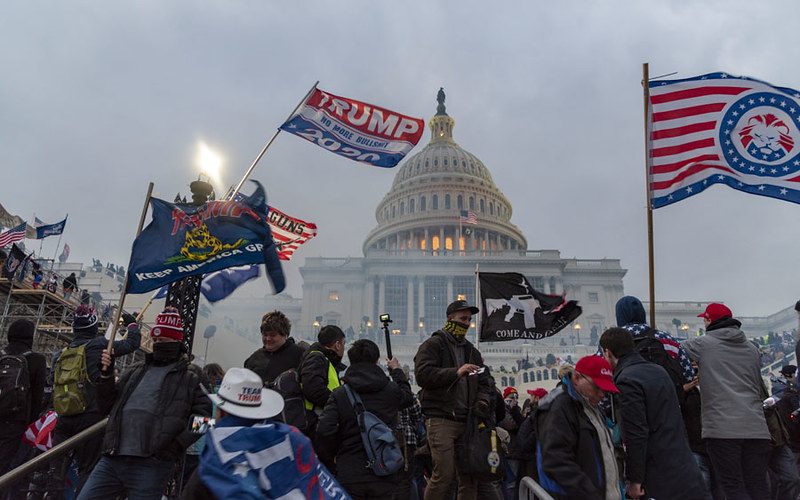
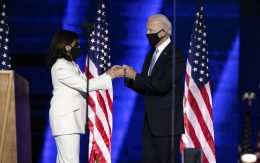
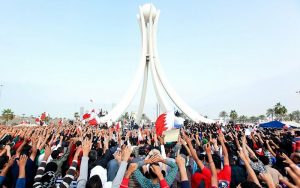
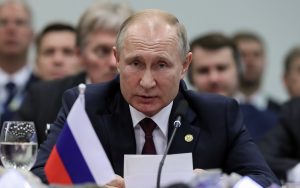
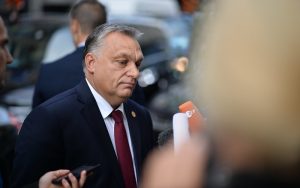
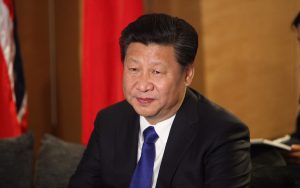

Be First to Comment